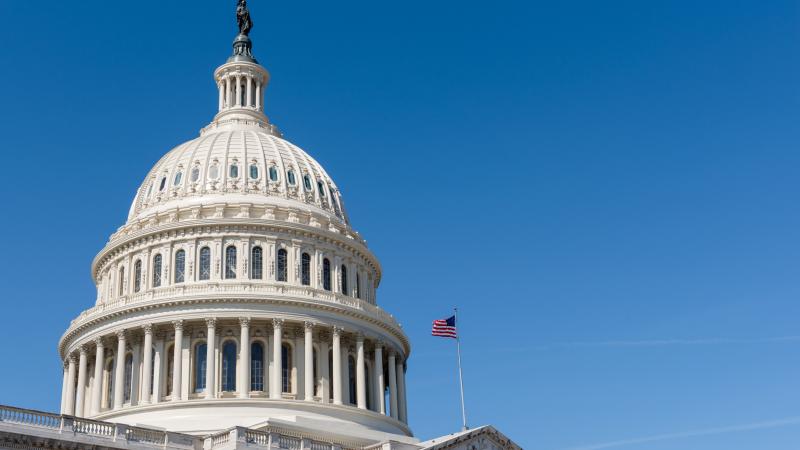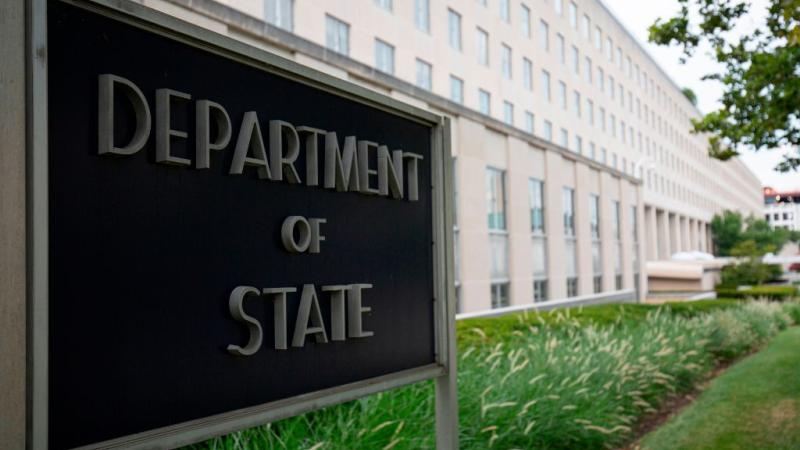New York business groups say antitrust bill could cost jobs, hurt economy
The 21st Century Antitrust Act, sponsored by state Senate Deputy Majority Leader Michael Gianaris, D-Queens, and Assembly Minority Leader Crystal People-Stokes, D-Buffalo, would lower the threshold for antitrust enforcement and allow class-action lawsuits for violations of proposed anti-monopoly regulations, among other changes.
(The Center Square) -
(The Center Square) — New York business groups warn that a legislative proposal to overhaul the state's antitrust laws would cost thousands of jobs and threaten the economy.
The 21st Century Antitrust Act, sponsored by state Senate Deputy Majority Leader Michael Gianaris, D-Queens, and Assembly Minority Leader Crystal People-Stokes, D-Buffalo, would lower the threshold for antitrust enforcement and allow class-action lawsuits for violations of proposed anti-monopoly regulations, among other changes.
“Our antitrust laws were written a century ago for a radically different economy and they are in desperate need of reform,” Gianaris said in a recent statement about the proposal. “Corporate power has reached unprecedented and dangerous levels, and we need powerful new laws to protect the public and our economy.”
The initiative is part of an anti-monopoly movement to support workers and small businesses that has targeted Walmart, Amazon and other major retailers. It was approved last year by the state Senate, but has languished in the Assembly amid opposition.
However, the Business Council of New York and other members of a coalition fighting the proposed changes say small employers would be among the sectors most impacted by the proposal, which would impose European-style “Abuse of Dominance" regulations in the state. The groups are urging lawmakers to reject the proposal.
"Adopting a New York-only antitrust standard would discourage job creation, business investment and economic growth across all sectors in New York," the coalition said in a statement.
Hospitals, casinos, financial institutions and grocery stores could be hit with higher operational costs that would ultimately be passed on to consumers, the coalition said. That could trigger a reduction in investments in New York that could lead to cuts in health care and other essential services, the groups said.
The coalition cited a recent report which found the proposal could reduce the state’s gross domestic product by $20 billion in the first year after its passage, resulting in the elimination of up to 58,000 jobs.
"Multiple economic analysis shows that enactment of this bill would result in significant negative impacts to the state economy and jobs," the coalition said.
Moreover, the coalition said the plan "violates numerous national and international norms and best practices and would eschew multi-state cooperation in favor of a New York-only standard."
"If adopted, New York would be the only place in America where business transactions are subject to regulatory review by the New York Attorney General and private litigation based on foreign legal standards that are out of step and unfamiliar to U.S. businesses, courts, and regulators, and are inconsistent with federal law and precedent," the coalition said.














